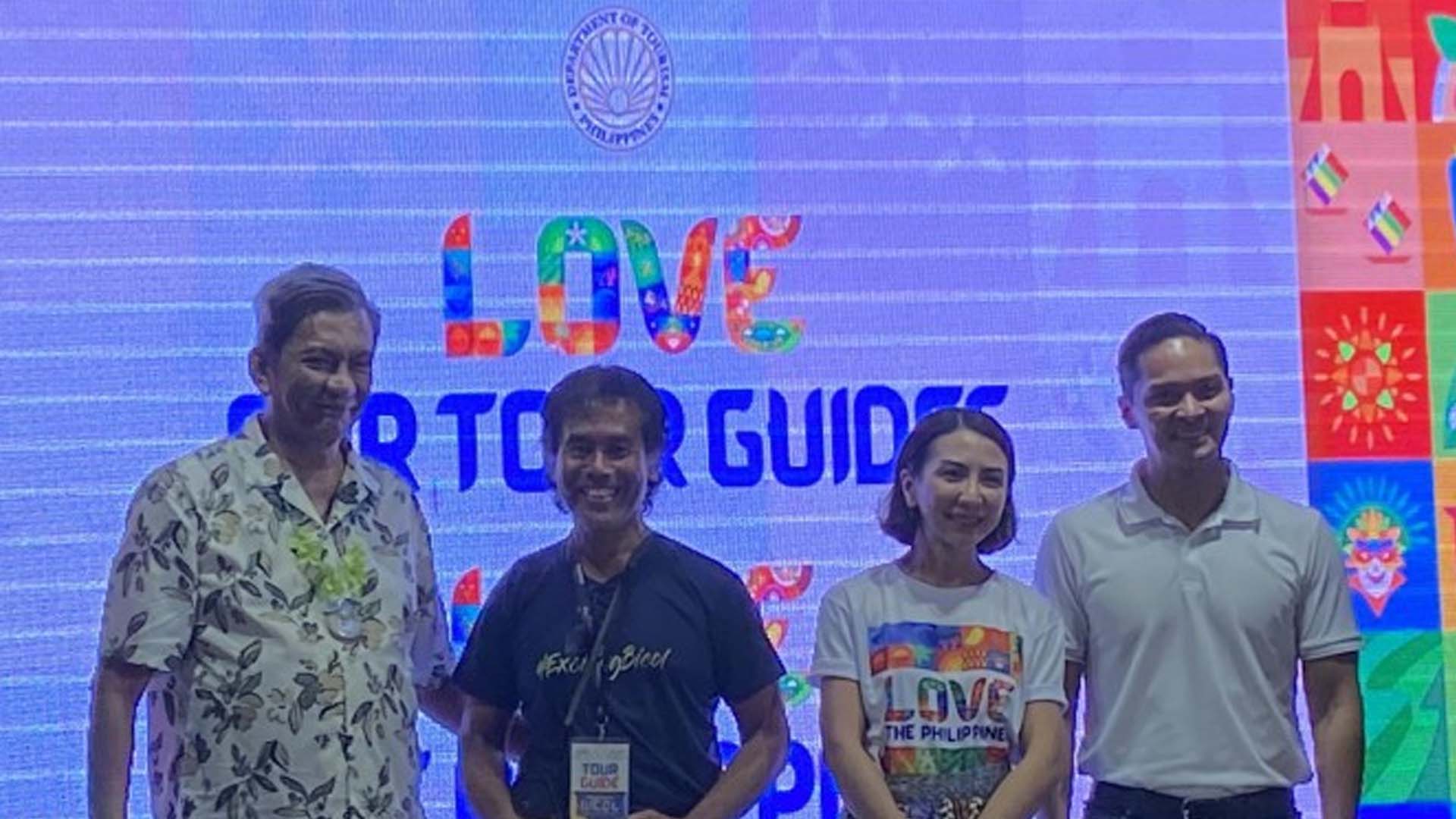Albay 2nd District Rep. Joey Salceda is confident that the tourism industry in the country will not be adversely affected by the emerging artificial intelligence (AI), especially in the labor force.
“Ang pinaka-less susceptible sa negative impact ng artificial intelligence is the tourism, kasi kailan mo ng care, kailangan mo ng maximum humanity (The least susceptible to the negative impact of artificial intelligence is tourism, because you need care in tourism, you need maximum humanity),” Salceda said in an interview on Monday night.
The lawmaker hosted dinner for delegates of the Department of Tourism-Philippine Experience Program (PEP) together with House of Representatives Deputy Speaker Rep. Vincent Franco “Duke” D. Frasco at Sumlang Lake in Camalig, Albay.
He said Filipinos are generally very caring in giving services, which is an advantage with regard to tourism.
“Hindi kaya ng AI ang pag-care (AI is not capable of caring). Cultural tourism – culinary experiences and festivals, especially, require human interactions that artificial intelligence cannot replace. This revolves around the concept of the ‘economy of care’ which I have been promoting as a counterbalance to the rise of AI,” Salceda said.
He also said that specialized sectors such as medical and educational tourism are areas that can be worked on, where AI might help improve the quality of service and cost competitiveness of the country.
Meanwhile, DOT Secretary Christina Frasco said tourism workers reflect the Filipino brand of excellence.
“Nothing can compare to the love, compassion, and dedication to duty of our Filipino tourism workers,” she said.
Frasco agreed with Salceda that it is tourism that can balance out the challenges that AI may pose to the labor sector.
“I don’t think that the Filipino workers will be replaced by AI,” she pointed out.
The DOT chief also said the agency anticipates further growth in the country’s tourism such that more Filipinos will be employed in the sector.
“Tourism continues to support national employment, accounting for 11 percent of our entire national employment portfolio and over 93 percent recovery. Sa ating 2019 employment numbers kasi umabot na ng 5.35 million yung na employees ng tourism (In our 2019 employment numbers, tourism employees have reached 5.35 million),” Frasco said.
Ronald Palmiano, 57, of Camalig, Albay, who has been a tour guide for seven years now, said there is a connection that is built every time he has a guest.
“Getting to know my guest, making connections, and establishing connectivity with my guest are my motivating factors and inspiration for my work. Iba pag my personal touch sa guest. As a tour guide, kailangan mahaba ang pasensya, maunawain, malawak ang tolerance mo (Personal touch makes a difference for a guest. As a tour guide, you need to be patient, understanding, and have wide tolerance),” he said.
Palmiano is one of the 12 tour guides who were awarded tokens of appreciation by the DOT for their contribution to the tourism industry of the Bicol region during the PEP event. (PNA)








